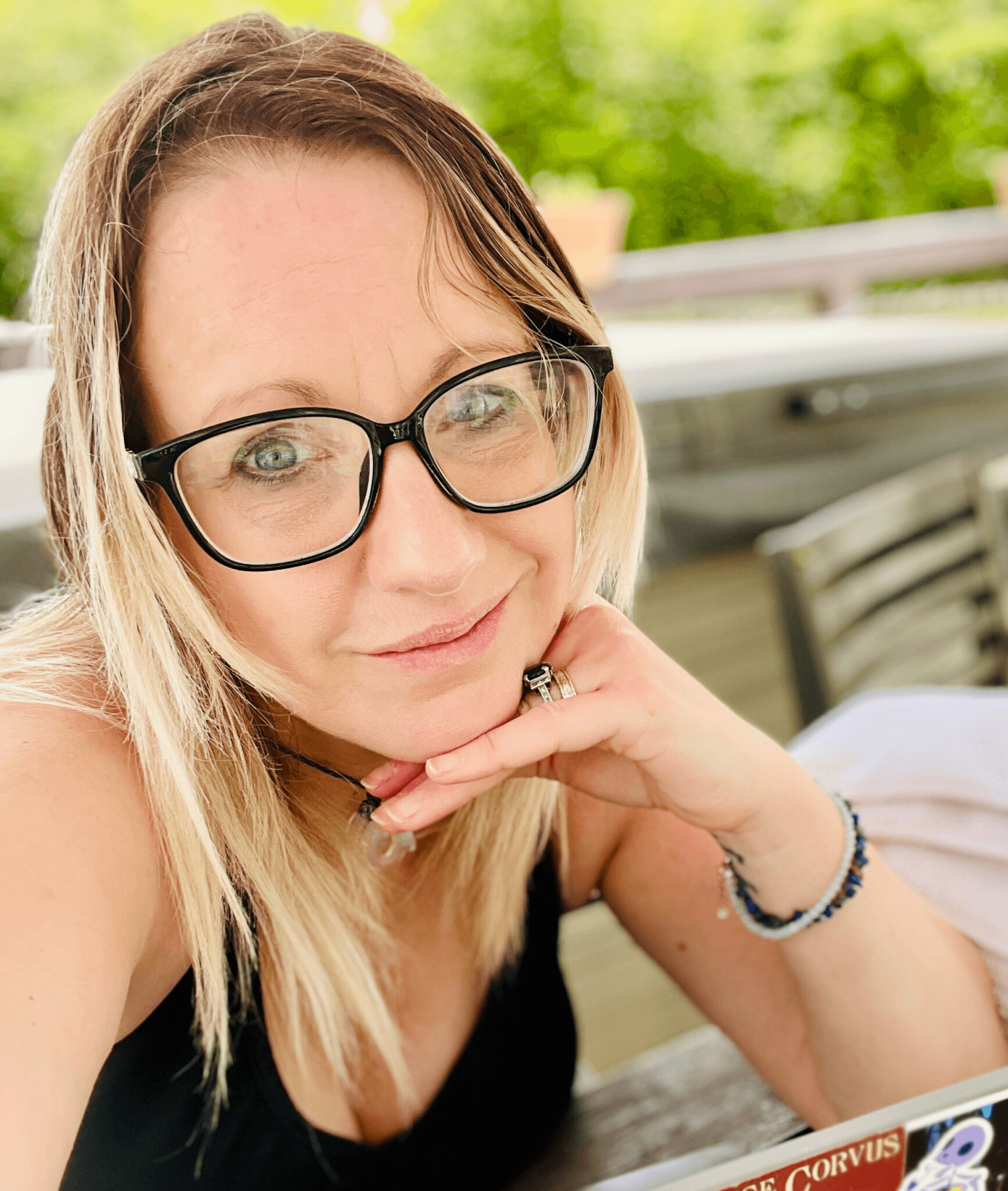We caught up with the brilliant and insightful Elizabeth Broadbent a few weeks ago and have shared our conversation below.
Elizabeth , thanks for taking the time to share your stories with us today Did you always know you wanted to pursue a creative or artistic career? When did you first know?
I was the weird neurodivergent girl who read too much. I exhausted my first grade teacher by tearing through every writing assignment she handed us. In fourth grade, we were given journals and allowed to write whatever we wanted and share it. Creative writing became a weird competition, and I realized I could make people laugh with it—in a good way, for once. It was a huge thing for me, and I never stopped.
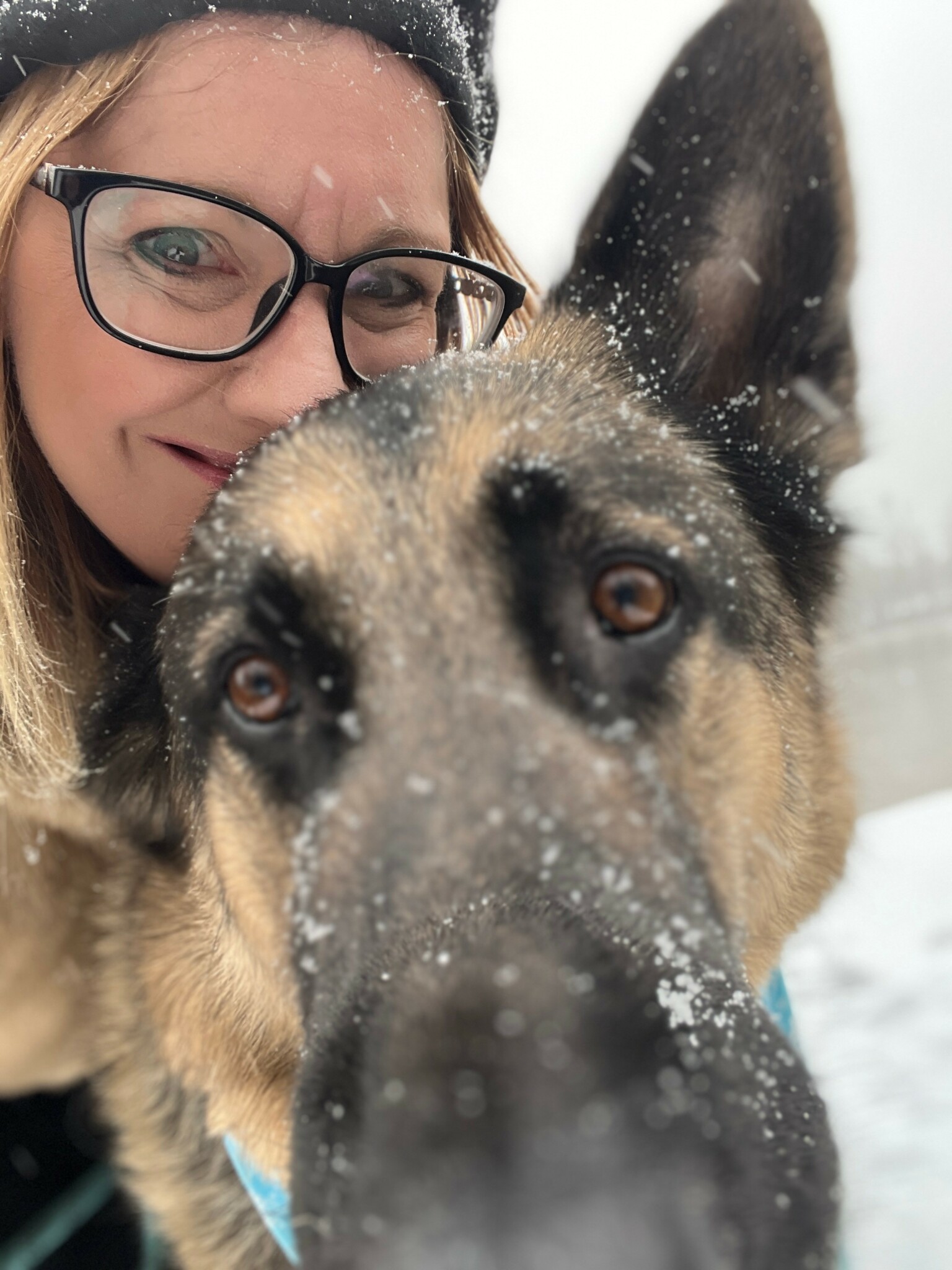
Awesome – so before we get into the rest of our questions, can you briefly introduce yourself to our readers.
I started writing again after a long hiatus when my article, A Mother’s White Privilege, weren’t wildly viral and earned me spots on CNN, MSNBC, and NPR, as well as a job at Scary Mommy. Though I eventually turned to fiction again, that set the stage for my writing about social justice. Horror is such a potent vehicle for that. It’s a chance to talk about what scares you the most, to exorcise real-world demons and deal with real-life questions.
I write a lot about the horrors women deal with. My latest book, Blood Cypress, tackles the difficulties of growing up bisexual in both a repressed family and a small Southern town. But primarily, it’s about the way the South treats women. That’s a theme that comes up over and over in my books and it’s an ugliness we need to take the time to look at.
My novella, Ink Vine, deals with similar questions. How do we make a genuine life for ourselves when we’re told who we should be and how we should live? These are pressing, vital questions, and it’s easiest, I think, to look at them slant rather than face them in an essay or an article. Stories have a power other forms of writing simply don’t.
My writing is centered on the South. Even when I’m writing something that’s not explicitly Southern, my stories tend to be there. I always find my way back. It’s a rich setting and in so many ways, a neglected one. Powerful women run from it, especially now, and in so many ways I don’t blame them. The South is terrifying and it hates us. But there are so many of us trapped there, and those women need our voices to get through.
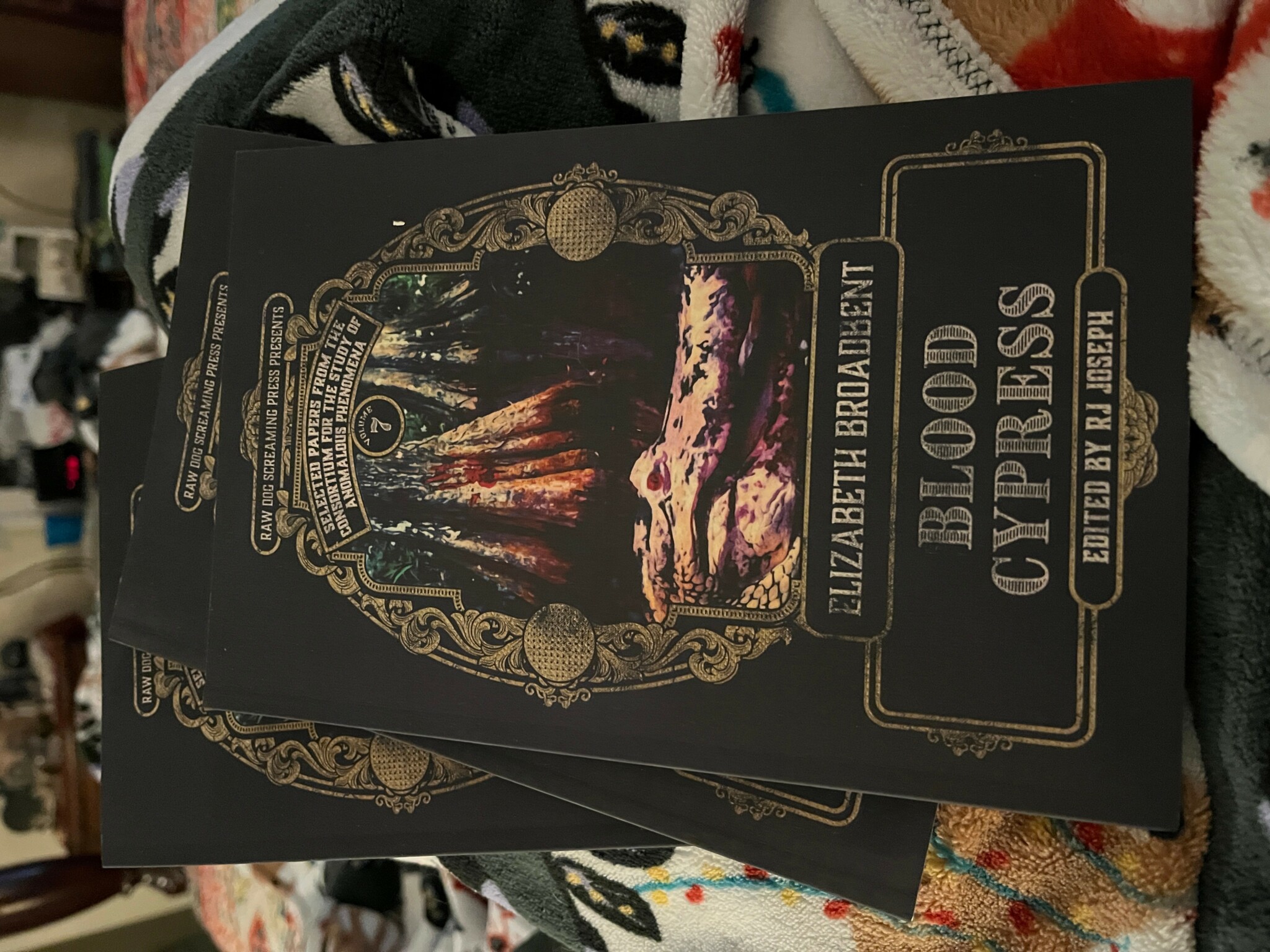
We’d love to hear a story of resilience from your journey.
I had a trio of sci-fi stories I wrote as a sort of interconnected arc about grief. They were intensely personal and stemmed from a loss I suffered in college that utterly fractured my friend group. Every magazine I subbed the first story to turned it down. They said it was beautiful, but too character-driven for sci-fi. I subbed that story to over forty places.
I had originally dreamed of seeing all three stories together, and I figured it would never happen, so I started finally subbing the third. It was accepted by Jasen at Hyphen Punk. When I told him it was part of an arc, he asked to read them all. I sent them over, and he took all three and published them in sequence.
I was ecstatic. It happened a year after I started subbing the first story. He wanted character-driven sci-fi. There’s an audience for every story—you just have to find it. Those stories were eventually taken as part of a collection by Sley House Publications. Tigers of Greater Antarctica comes out in March 2026.
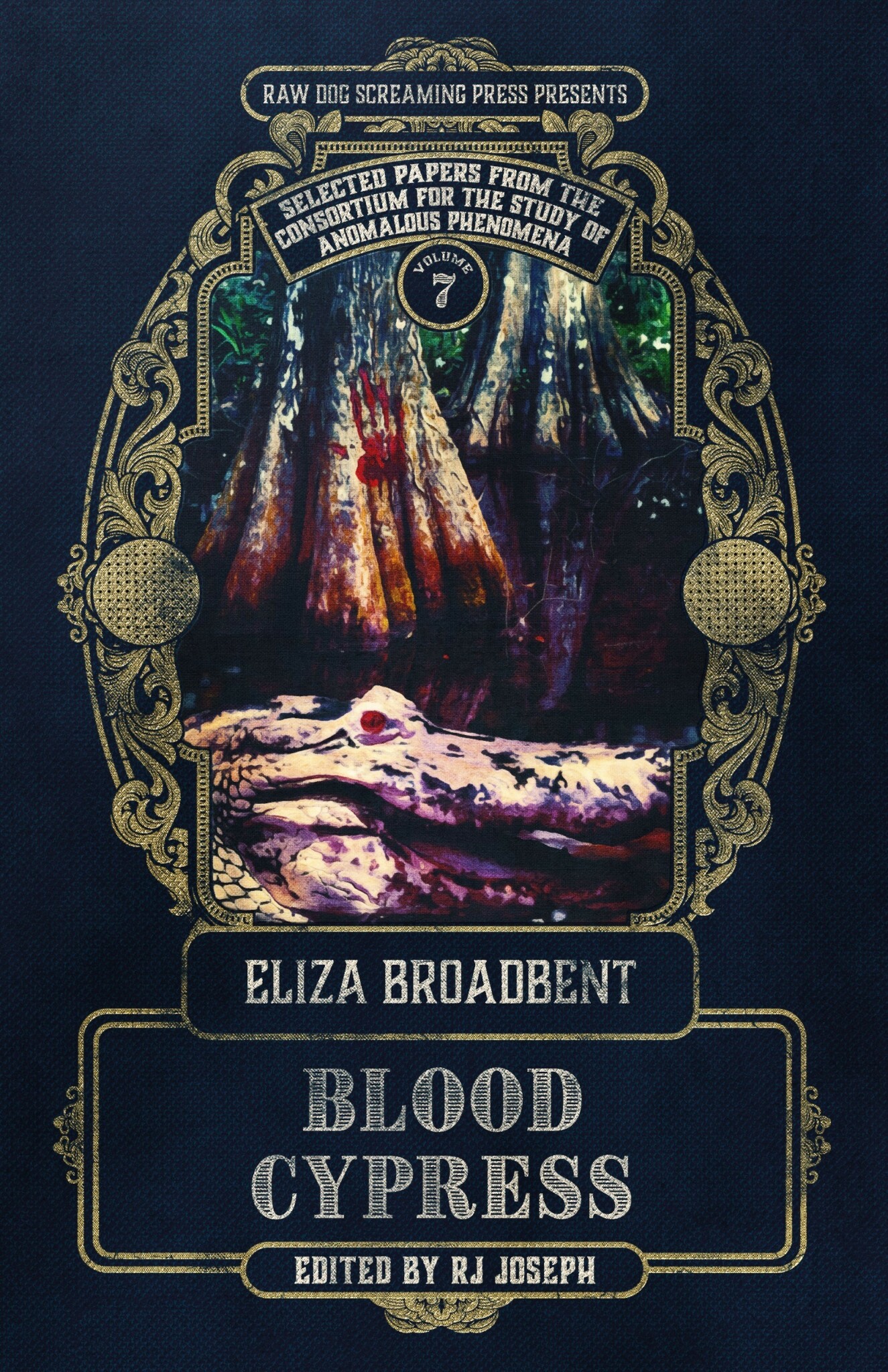
What do you find most rewarding about being a creative?
I get to tell stories for a living. Sometimes I sit back and marvel at the sheer wonder of that. It’s one thing to be a journalist and tell other people’s stories, but it’s a whole other thing to make up your own. That’s one of the oldest forms of art — people sitting around a fire telling stories. Bards. That’s me. That’s my real life job. I do that. Sometimes it staggers me. I make up stories in my head and they take on life and go walking around in other people’s minds.
And they let people understand aspects of life they might not be familiar with. I was talking to an early reader of Blood Cypress the other day who said, “God, those small-town Southern cops in that book, they were so awful.” And I had the chance to tell her, “They’re really like that. That’s real.” She had known it but never seen it, not like that. Stories shine light in dark places. I get to do that. What an awesome task, to shine that light.
Contact Info:
- Website: Https://www.writerelizabethbroadbent.com
- Instagram: Https://www.instagram.com/eabroadbent
- Facebook: Https://www.facebook.com/writerelizabethbroadbent
- Other: Https://www.elizabeth,Broadbent.bsky.social
Https://www.tiktok.com/eabroadbent
Https://www.threads.com/eabroadbent
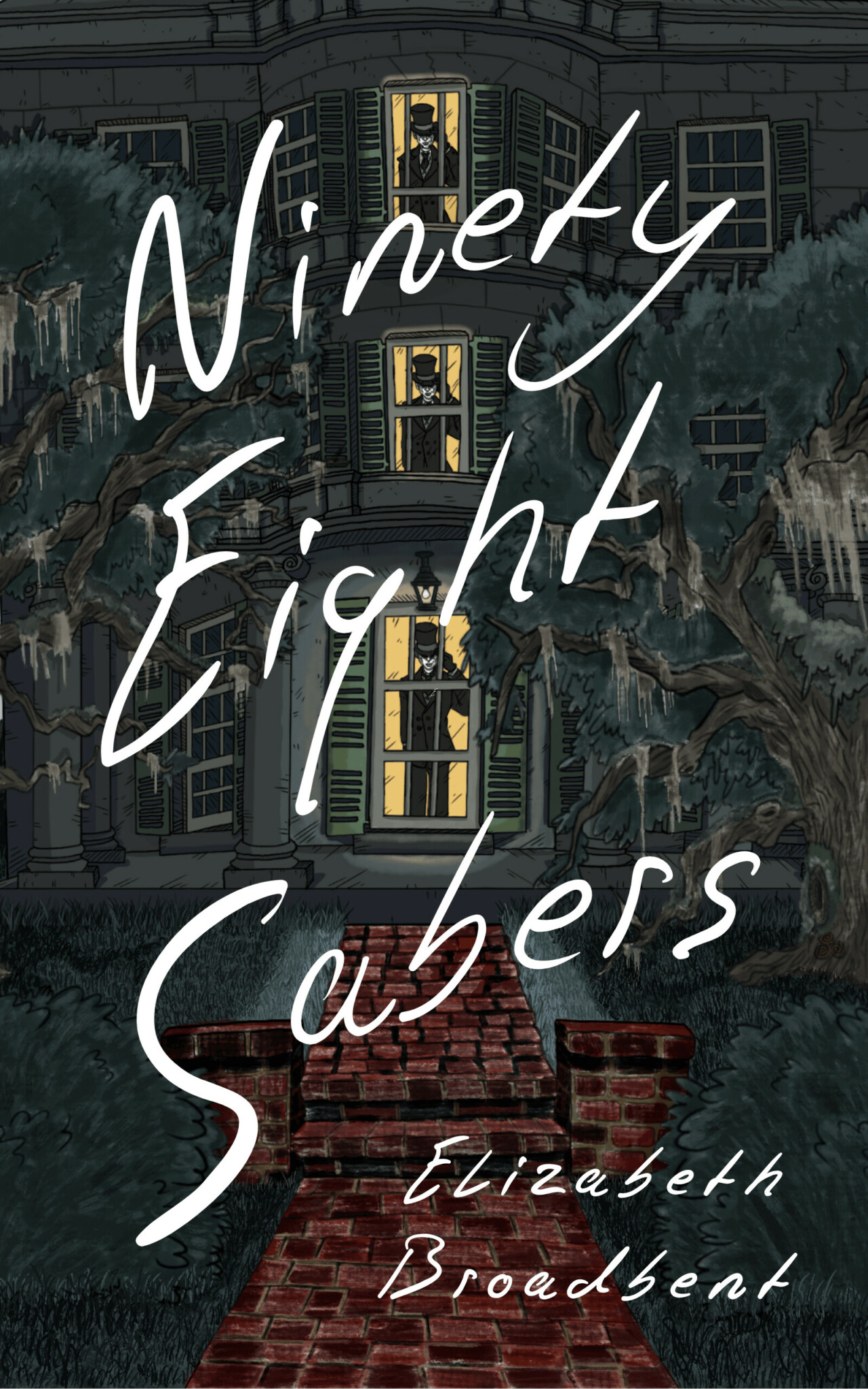
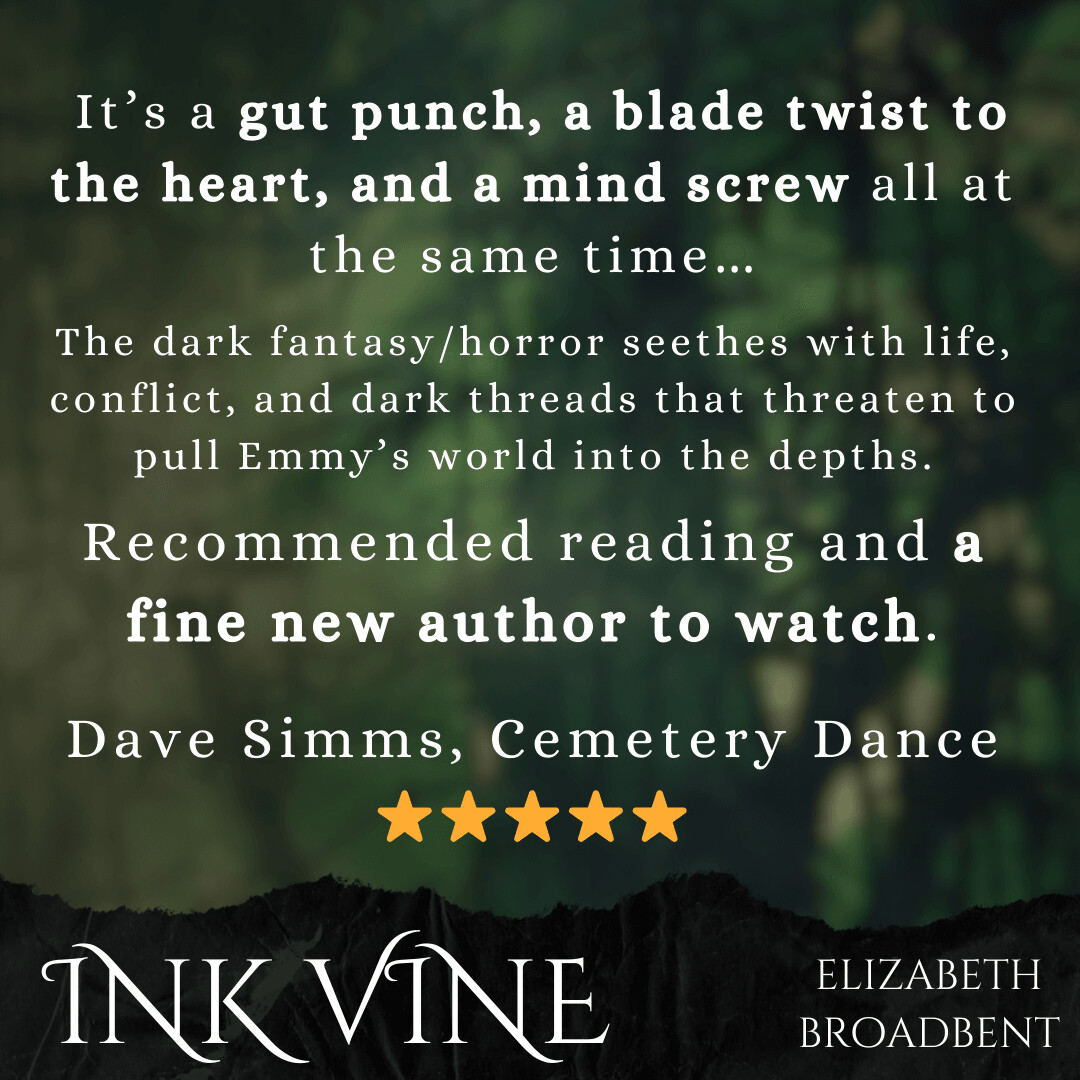
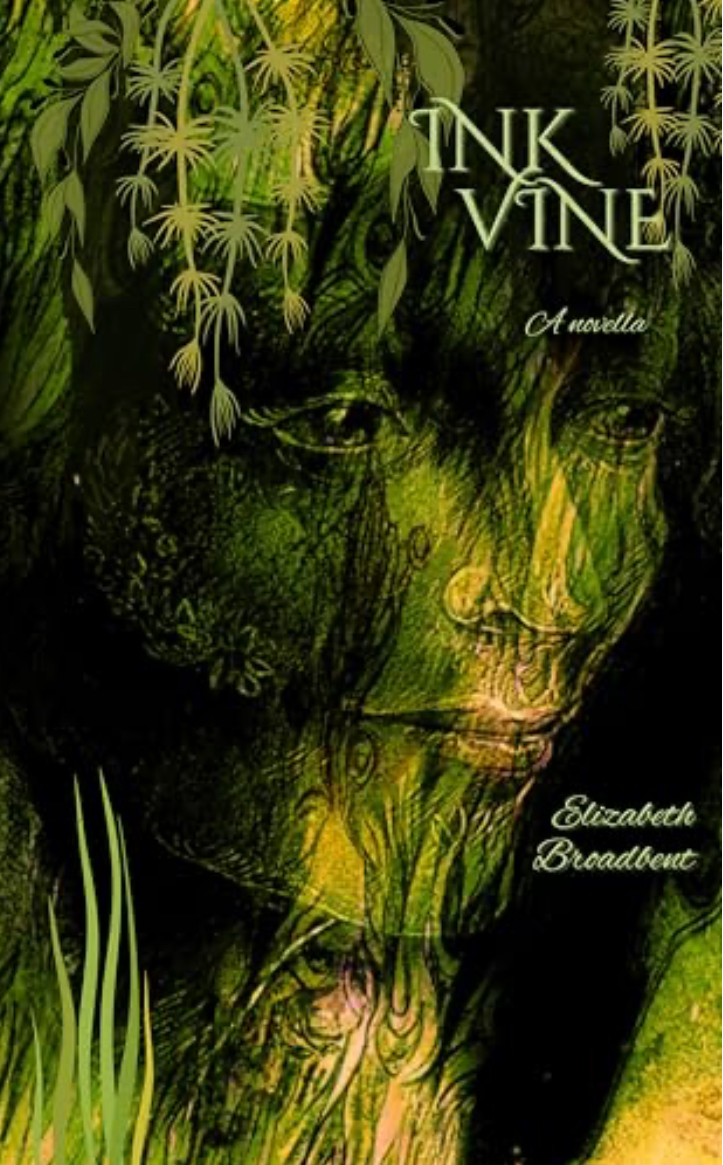
Image Credits
Blood Cypress: cover by Lynne Hansen
Ninety-Eighr Sabers: cover by Erik Worthington


